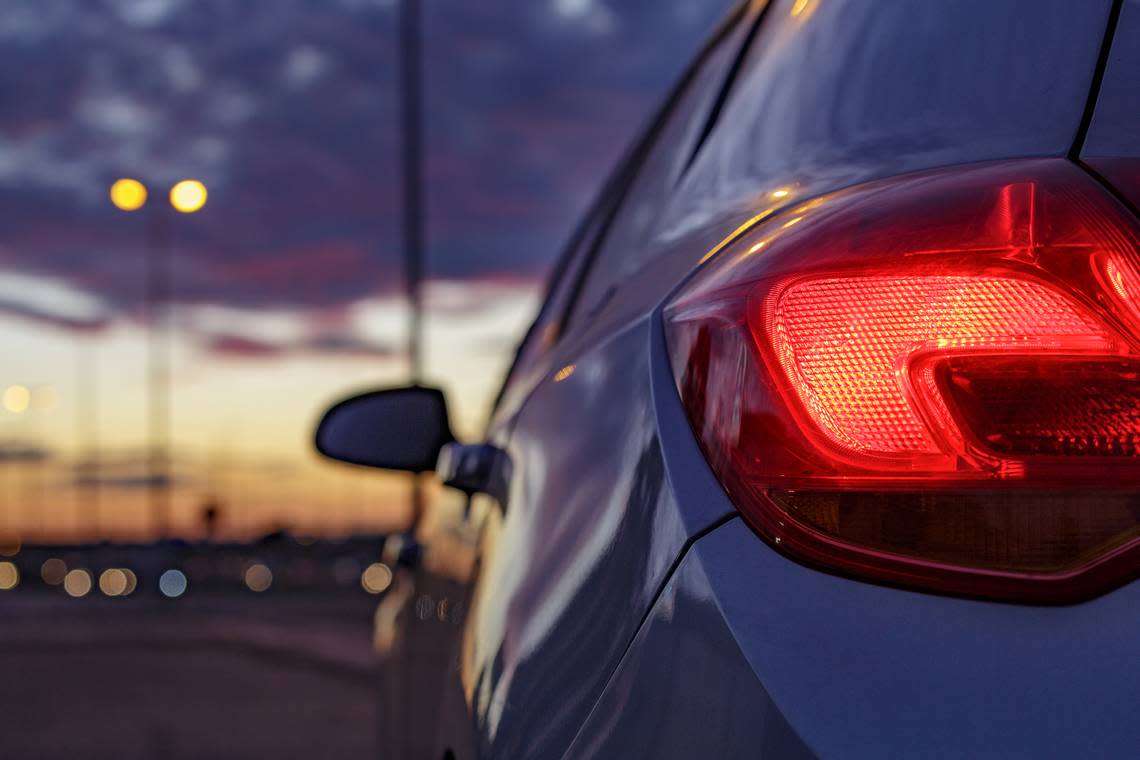Is it illegal in SC to brake check a driver following too closely? Here’s what state law says

You’re driving on a South Carolina highway, following the rules of the road, when suddenly a vehicle starts aggressively tailgating you.
What should you do?
Some drivers may suggest going on the offensive by giving the motorist a quick brake check to back off. But is that a safe course of action and is it even legal in South Carolina?
Here’s what state law says on the matter.
What is brake checking?
According to the Joye Law Firm in South Carolina, brake checking happens when a driver needlessly uses their brakes to startle, frighten or retaliate against another driver who is close behind them. Brake checking includes repeatedly tapping the brake pedal and slamming on the brakes.
Is brake checking illegal in SC?
Yes, brake checking is illegal in South Carolina and is specifically considered reckless driving, according to Cavanaugh & Thickens, Attorneys at Law in Columbia. Under state law, reckless driving is defined as “any person who drives any vehicle in such a manner as to indicate either a willful or wanton disregard for the safety of persons or property.”
The Joye Law Firm adds that S.C. courts have prepared suggested instructions to the jury for a judge to read if a reckless driving case such as brake checking goes to trial.
The instructions note that “Willful can be defined as doing something deliberately… As a general rule, something more than mere negligence in the operation of a motor vehicle is necessary to constitute the offense of reckless driving. Generally, the offense denotes the operation of a vehicle under such circumstances as to show a willful or reckless disregard of consequences.”
What to do if someone is tailgating you?
The South Carolina Department of Public Safety suggests that if you encounter someone who is driving recklessly or aggressively, slow down let him or her go around you and keep a safe distance.
“Never try to compete or take a stand against that person; just let them go and stay clear of them,” SCDPS states.
